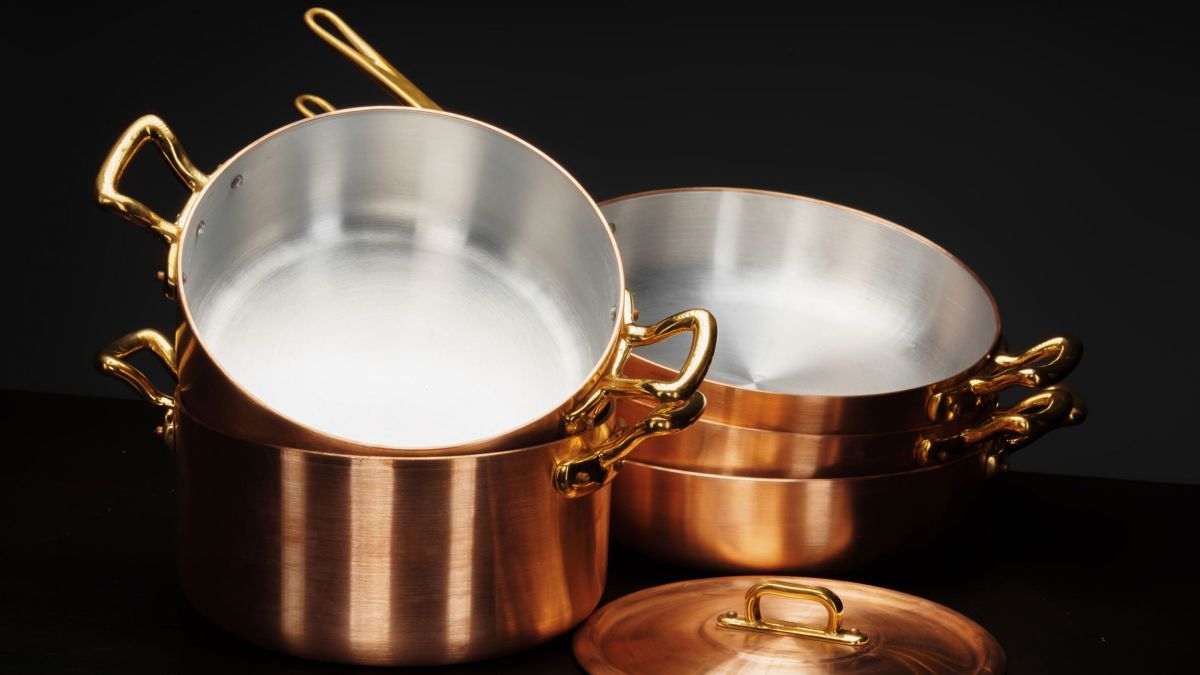The Ruling on Using the Cookware of Non-Muslims
Imām Muḥammad ibn Ṣāliḥ Al-ʿUthaymīn


Imām Muḥammad ibn Ṣāliḥ Al-ʿUthaymīn [d. 1412 AH] said:
As for the vessels used by the disbelievers, they are permissible [for us]. If someone was to say to us: What is the evidence?
We reply: The general [meaning] of the saying of the Most High:
هُوَ الَّذِي خَلَقَ لَكُم مَّا فِي الْأَرْضِ جَمِيعًا ﴿٢٩﴾
‘It is He who created for you all of that which is on the earth.’
[Al-Baqarah, 2:29]
If Allāh has already made the food of the People of the Book [Jews and Christians] permissible for us, then it is well-known that sometimes they will bring it to us cooked in their vessels. Also, it is confirmed that a Jewish boy called the Prophet (ﷺ) to eat bread made from barley with ihālah sanikhah [fat or shortening in a changed state] and he ate from it. He also ate from the poisoned sheep that had been gifted to him in Khaybar [by a Jewish woman]. It is also confirmed that he and his companions performed wuḍūʾ from the vessel of a disbelieving woman.
All of these instances prove unequivocally that that which is in contact with a disbeliever retains its pure state. As for the ḥadīth of Abū Thaʿlabah al-Khushanī (may Allāh be pleased with him) that the Prophet (ﷺ) said:
‘Do not eat from it except if you do not find other than it, [in that case] wash it and eat from it.’
This [ḥadīth] proves that the best course of action is to avoid [the vessels of the disbelievers] altogether. Although there are many scholars who interpret this ḥadīth in the vein that it concerns a people who were known to use their vessels to hold that which is najs [impure] like the flesh of swine and other impurities. They say:
Indeed, the Prophet (ﷺ) forbade their vessels [specifically] except if no other vessel is found. In that case, we clean it and eat from it. This interpretation is sound, and is in keeping with the principles of judicial [Islamic] law.
Source: Al-Sharḥ al-Mumtiʿ: 83-84
Translated by: Riyāḍ al-Kanadī

















